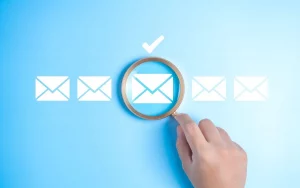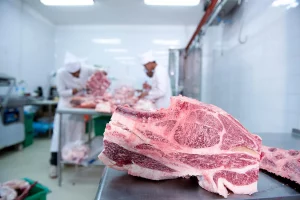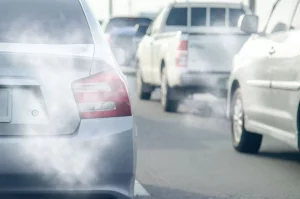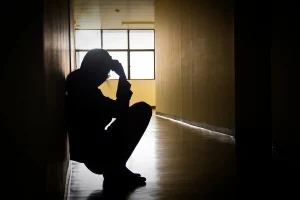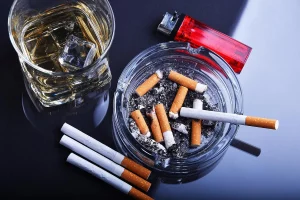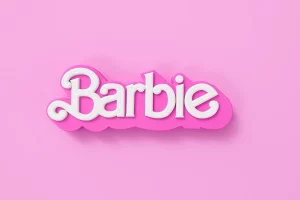With several potential COVID-19 vaccines now in clinical trials, U.S. policymakers need to plan for the next hurdle: Ensuring Americans actually get vaccinated.
That’s according to a new report from the Johns Hopkins Center for Health Security. It lays out recommendations for winning the public’s trust of any future vaccine, and helping them access it as easily as possible.
The U.S. government’s so-called Operation Warp Speed has laid its goal out: Deliver 300 million doses of a safe, effective COVID-19 vaccine by January 2021.
As of July 11, 22 vaccines were in some stage of human clinical trials, according to The New York Times coronavirus vaccine tracker.
The race to develop a safe, effective vaccine against the new coronavirus has been record-setting. Normally, vaccines take years to move from initial research to approval. In this case, scientists got a boost from having the genetic makeup of SARS-CoV-2 (the virus that causes COVID-19) in hand early in the pandemic.
Some of the leading vaccine candidates, including the Moderna Inc. vaccine now in clinical trials, are based on that genetic information.
“But it’s one thing to make a clinically successful vaccine,” said Monica Schoch-Spana, a senior scientist with the Hopkins center. “It’s another to make it socially acceptable.”
Exactly how Americans will greet a COVID-19 vaccine is unknown, but polls have suggested many will be wary. In an Associated Press survey in late May, only half of respondents said they would get vaccinated.
Polls, of course, can be wrong. But, Schoch-Spana said, past experience has some lessons, too: In 2010, during the H1N1 flu pandemic, many Americans refused to be immunized — even though that vaccine involved only a modification of the existing flu shot, and no new technology.
“Because there was a rush to production, some people had safety concerns,” Schoch-Spana said.
This time, she added, with both the disease and any vaccine being entirely new, the public’s misgivings could be amplified.
Add to that a general erosion of trust that has come with the government’s response to the pandemic. “We need to earn back the public’s trust,” Schoch-Spana noted.
It is easy to imagine resistance to a future COVID-19 vaccine, agreed Dr. Paul Offit, director of the Vaccine Education Center at Children’s Hospital of Philadelphia.
“When the first vaccine comes out, we will have some safety data from clinical trials,” said Offit, who was not involved in the new report. “But we won’t have data on enough people to detect any rare side effects.”
Beyond that, most people infected with SARS-CoV-2 do not become seriously ill. So younger, healthy people might decide their personal benefit from vaccination is not worth any unknown risks.
But vaccination is not only about yourself, both Offit and Schoch-Spana stressed. It’s about creating the “herd immunity” that protects the most vulnerable people in a community.
To “stop the spread of this disease and get our lives back,” Offit said, most of the population will need to be vaccinated.
He said it will be critical to communicate clearly about any vaccine’s effectiveness and safety — and its allocation.
No COVID-19 vaccine will be immediately available to everyone. Both U.S. government planners and the World Health Organization have begun discussing “strategic” allocation. Vaccination would likely first be open to health care workers, and then to other essential workers and people who are at higher risk of severe COVID-19 complications, including the elderly and those with certain medical conditions.
“It will be very important that allocation is fair, and that there’s public recognition of that,” Schoch-Spana said.
Reaching out to minorities, particularly Black Americans, will be crucial. They have not only been hard-hit by the virus, Schoch-Spana said, but have long faced institutional racism in the health care system.
So messages should come not only from national agencies, but local health authorities and community groups, according to the Hopkins recommendations.
Schoch-Spana said that kind of collaboration has been happening with coronavirus testing: “Non-traditional partners,” like Black churches, have helped to reach people.
And any allocation plan, the Hopkins report said, needs to consider more than which groups are prioritized. The vaccine also has to be available at no cost, and accessible in convenient, familiar places — like the neighborhood drug store.
“Sometimes people’s decisions [about vaccination] boil down to, is this convenient enough to fit into my life?” Schoch-Spana said.
More information
The COVID-19 Prevention Network has more on COVID-19 vaccine development.
Source: HealthDay
Copyright © 2025 HealthDay. All rights reserved.










